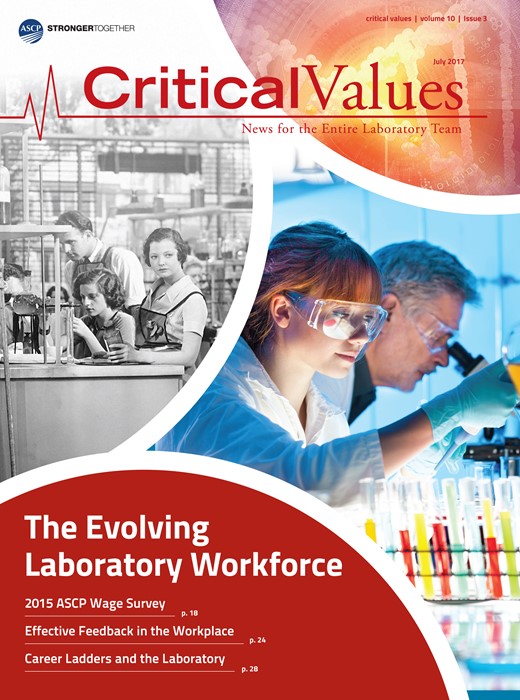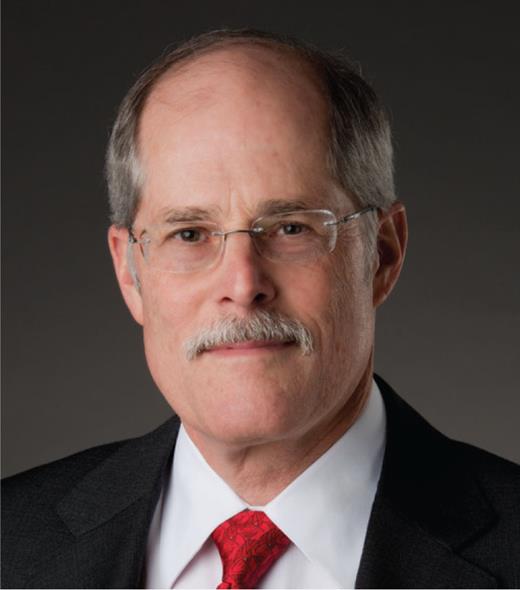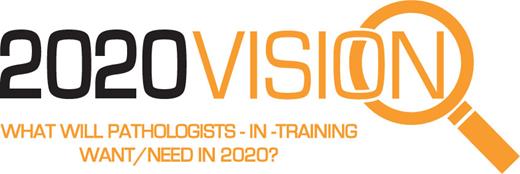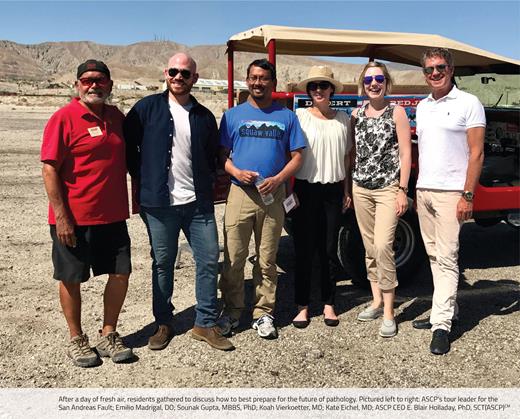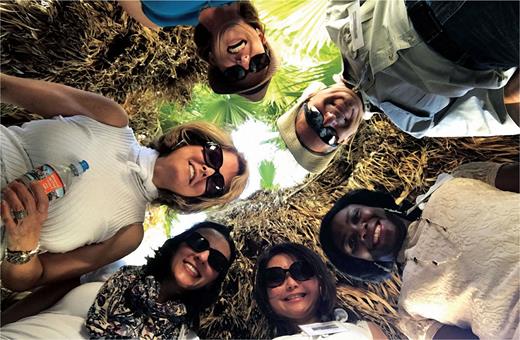-
PDF
- Split View
-
Views
-
Cite
Cite
William E. Schreiber, A Day in the Desert, Critical Values, Volume 10, Issue 3, July 2017, Pages 6–8, https://doi.org/10.1093/crival/vax023
Close - Share Icon Share
Dr. Schreiber
In my first column for Critical Values, I wrote about renewal – in particular, the ongoing renewal of ASCP’s programs and activities. The concept of renewal applies equally well to the laboratory workforce. Baby boomers, now in their 50s, 60s and (yes) 70s are retiring in greater numbers every year. Millennials (also known as Generation Y), who are in their 20s and early 30s, are finishing their training and entering the job market.
With science and technology moving so quickly, some obvious questions come to mind:
What skills will the next generation of pathologists need to be successful?
Where are the gaps in their educational programs?
How can pathology organizations help them to become better, more effective practitioners?
To answer these questions, resident leaders from the ASCP and USCAP gathered in Palm Springs, California for a day-long meeting of education, interaction and exploration. The purpose of this retreat was to identify what pathologists-in-training will want and need in the next few years. The title of the event was 2020 Vision.
This meeting was a first for both organizations, an opportunity to join forces in support of our residents and their vision for the future.
Survey of Residents’ Perceptions and Needs
In preparation for the day, all residents filled out a pre-meeting survey. The results provided some key insights into what residents are looking for as they complete training and enter the workforce. It also generated some fodder for their discussions at the retreat. Here is a brief summary, arranged by topic.
Reimbursement
With so much upheaval happening in healthcare, and more on the horizon, pathologists-in-training want to be better informed about policy and regulatory changes. Policy matters are often not discussed in training programs. They also want to be exposed to the overall process of billing, coding, and reimbursement. Even residents heading toward an academic career felt that the basics of laboratory business and payment were essential.
Employment
Residents are wary of their job prospects in the coming year. They are not well informed about open positions, and they worry that they will have to take the first (and possibly only) job they are offered, in a place where they may not want to live. An up-to-date, centralized source of information about available jobs would be helpful.
Education
The common feeling today is that medical schools are not preparing students for post-graduate training in pathology as well as they prepare students for other specialties within medicine. The lack of core skills required in a pathology residency makes the transition both difficult and stressful. They also noted that some essential skills, such as grossing specimens, are not taught consistently by all residency programs. A video series on this topic would be valuable, both as a primary information source and a refresher.
The Retreat
On the day of the retreat, participants gathered at the USCAP Interactive Learning Center in Palm Springs. This facility has a lecture theater, meeting space and a TV studio, which allows live events to be recorded and broadcast. The morning consisted of leadership training, group discussion of issues facing pathology, a review of social media and its role in developing one’s professional identity, and video interviews with participants. The afternoon was given to outdoor activities – specifically, a jeep tour of the San Andreas Fault, which runs through the desert near Palm Springs. After all that heat and fresh air, participants convened for dinner and a discussion of how to prepare for the future.
Many ideas were generated during the course of the day, and these were faithfully recorded by ASCP staff who attended the retreat. Here, in point form, are some examples:
Communications
Learn more about cross-cultural communication
Interactive role-play to help residents work through difficult situations
Practice
Early exposure to digital pathology and its use in consultations
More training around personalized medicine and informatics
Leadership
Create a program with leadership mentors to help residents practice these skills
Participate (or take the lead) in disruptive innovations
Pictured clockwise: Colleen Nolan, MA, Chief Strategy Officer for ASCP; Marwan Yared, MD; Adeola Tomi-Olugbodi, MB, ChB; Jiaqi Shi, MD, PhD; Kendall Brewer, MD; and Deborah Waterhouse, Interactive Coordinator, USCAP, participated in the day-long retreat in Palm Springs, California.
Looking Ahead
What lessons can we take away from this day in the desert?
First, residents told us about a number of unmet needs during their training programs. Pathology and laboratory medicine is a huge field. Four years of residency is not enough time to learn all the facts and develop all the skills they will need to function as pathologists. Fellowship applications, board exams, and job interviews are additional stressors that they face.
Second, there are ways to smooth the transition from residency to practice. This will require additional training in communication and leadership, as well as exposure to emerging areas (eg, digital pathology) that will become a standard of practice in the future.
Finally, there is a place for pathology organizations in making this happen. ASCP has a long history of providing continuing education in all areas of pathology and laboratory medicine. Moving forward, we have a better roadmap for creating the types of programs our resident members need to be successful.
Author notes
Dr. Schreiber is a Consultant Pathologist at Vancouver General Hospital, Medical Director at the Provincial Toxicology Centre, and Professor at the University of British Columbia in Vancouver, Canada.


